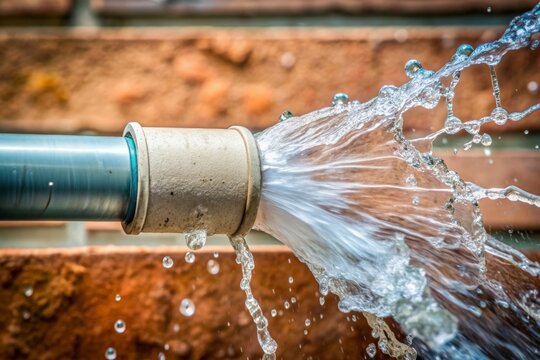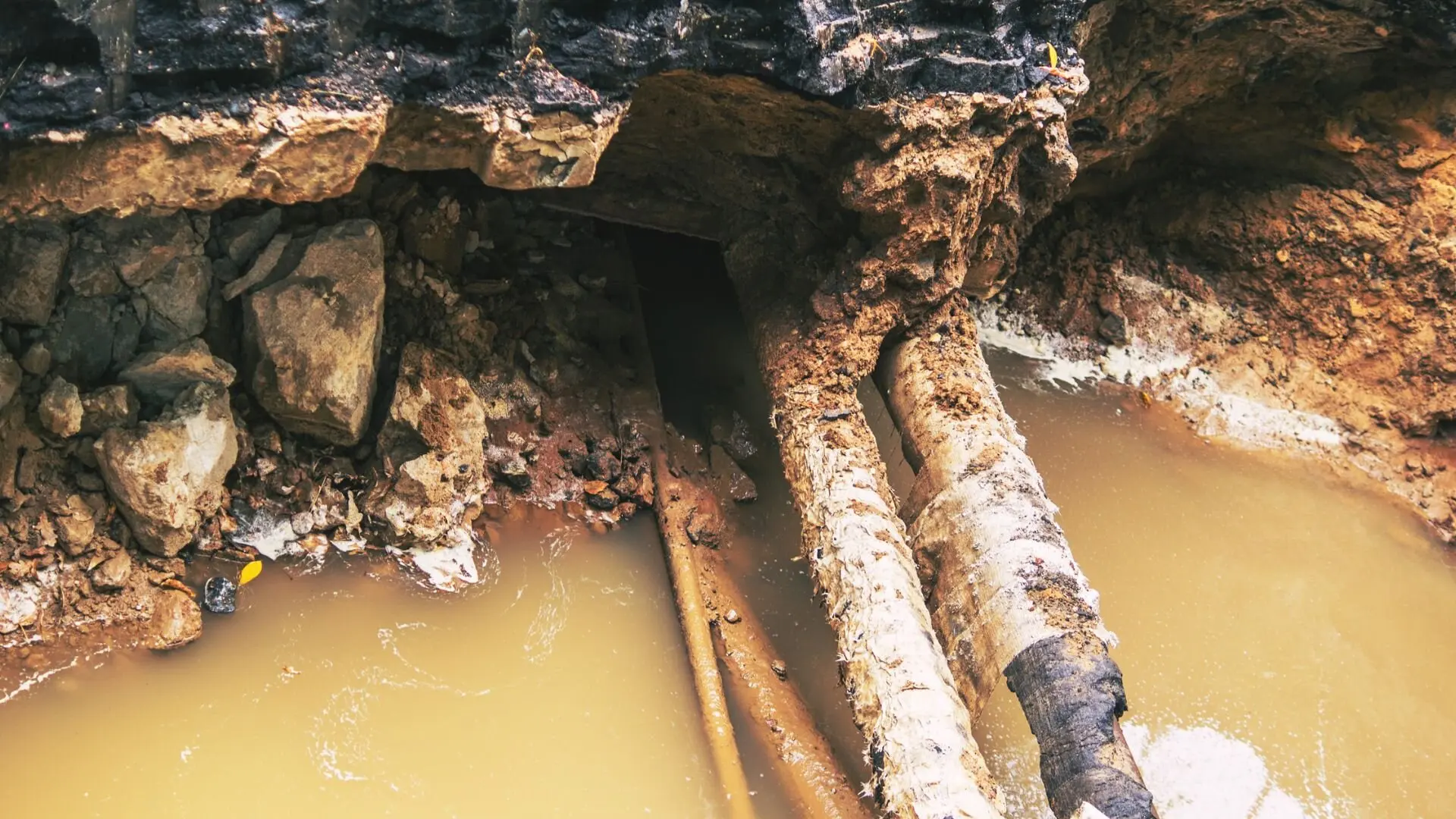How to Handle a Burst Pipe: Essential Steps for Immediate Action
Stopping Burst Pipes: Important Tips to Safeguard Your Plumbing
Preventing ruptured pipes is a critical concern for house owners, particularly throughout chillier months when the threat of cold is enhanced. Executing critical actions such as correct insulation, regular assessments, and preserving consistent interior temperature levels can considerably reduce the likelihood of pipeline failure.
Understand Pipe Vulnerabilities
Understanding pipeline susceptabilities is important for effective pipes upkeep and preventing pricey damage. A number of variables add to the vulnerability of pipelines to bursts, including product structure, age, and ecological problems. Older pipelines, specifically those made from galvanized steel or polybutylene, commonly degrade with time, leading to boosted risk of leakages and ruptures.
Temperature variations can likewise substantially impact pipeline integrity. In chillier environments, water trapped in pipelines can freeze, increasing and applying pressure on the pipeline wall surfaces, which might ultimately lead to a burst. Furthermore, high water stress can stress pipelines, particularly at joints and bends, enhancing the possibility of failing.

Insulate Piping Properly
Correct insulation of pipes is important for protecting against freezing and subsequent bursts throughout winter (burst pipe). Insulating your plumbing system properly safeguards versus temperature drops that can result in pricey damages. Begin by recognizing at risk areas where pipelines are exposed to outside temperatures, such as cellars, attics, and exterior wall surfaces
Usage foam pipeline insulation sleeves or wrap insulation tape around these locations to provide a safety barrier. Make certain that all areas of the pipelines, specifically those with minimal warmth exposure, obtain ample insulation. Pay unique interest to installations and joints, as these are a lot more vulnerable to freezing.
When shielding, it's vital to choose products that meet regional building regulations and are appropriate for the particular setting. As an example, fiberglass insulation is usually recommended for its thermal resistance buildings - burst pipe. In addition, think about making use of warmth cable televisions or tape in severe problems, which can be connected in to offer extra warm
Frequently evaluate protected pipes for any type of signs of wear or damages, as endangered insulation can lessen its performance. By taking these proactive actions, you considerably reduce the threat of pipeline ruptureds, making sure a reliable pipes system throughout the winter season months.
Maintain Regular Temperature Level
A secure interior temperature level is vital for avoiding burst pipes during the freezing months. When temperature levels drop, water within pipelines can ice up, producing and expanding pressure that may inevitably create the pipes to burst.Using a programmable thermostat can assist handle interior temperature levels effectively, ensuring that spaces with plumbing remain warm also when the house is empty.
Additionally, it find out here is sensible to permit faucets to trickle somewhat throughout severe chilly spells. This small circulation of water can prevent freezing by relieving stress within the pipes. Furthermore, during specifically extreme weather events, consider momentarily suspending any type of nighttime problems on your thermostat to preserve a stable cozy setting. By executing these methods, property owners can substantially reduce the threat of pipeline ruptureds and guard their plumbing systems against the rough wintertime aspects.
On A Regular Basis Evaluate Pipes
Regular examinations of plumbing systems are critical for stopping ruptured pipes and keeping overall home honesty. Routine checks allow home owners to determine possible issues prior to they escalate right into expensive repair services or major water damage. Throughout these inspections, it is vital to check out noticeable pipelines for signs visite site of rust, leaks, or put on. Pay special attention to locations vulnerable to cold, such as cellars, attic rooms, and exterior walls.
In addition, checking joints and connections is crucial, as these factors are usually vulnerable to leakages. House owners ought to likewise examine water pressure degrees, as extreme stress can strain the pipes system and raise the risk of pipeline ruptureds.
Take into consideration organizing specialist plumbing assessments at least yearly, particularly prior to winter season, to ensure your system is planned for chillier temperature levels. Normal inspections not only assist in recognizing prompt issues yet likewise foster long-term upkeep approaches that can enhance the life expectancy of your pipes system. By being positive in your strategy, you can guard your home versus the pricey and disruptive consequences of burst pipelines. Prioritizing pipes inspections is a financial investment in your home's health and wellness.
Know Emergency Treatments
Comprehending emergency situation treatments is crucial for every property owner, specifically after conducting regular plumbing assessments. Being prepared for a plumbing emergency can dramatically alleviate damages and conserve expenses.
Following, keep essential tools useful. A plumbing emergency set need to consist of a wrench, plunger, and towels, along with a flashlight and a bucket for small leakages. Furthermore, take into consideration having the get in touch with details for a relied on plumber conveniently available, needs to the situation intensify beyond check this site out your control.
If you find a leak or ruptured pipeline, promptly transform off the water system and notify your plumbing. Additionally, document the damage with photos for insurance policy purposes. burst pipe. Know the indications of prospective pipes issues, such as unusual water stress variations or damp areas on wall surfaces
Eventually, positive knowledge and quick action are vital in handling plumbing emergency situations, guaranteeing your home continues to be protected and minimizing possible damage.

Conclusion
To conclude, stopping burst pipes requires a diverse approach that includes understanding pipeline vulnerabilities, appropriate insulation, keeping constant indoor temperatures, normal inspections, and expertise of emergency situation procedures. By carrying out these necessary strategies, the threat of plumbing failings can be significantly reduced, thereby ensuring the long life and performance of the pipes system. Aggressive actions not only protect versus prospective damages yet also add to overall water conservation and the security of residential or commercial property.
In chillier environments, water entraped in pipelines can ice up, putting in and broadening stress on the pipeline wall surfaces, which may eventually lead to a ruptured. When temperature levels decline, water within pipelines can ice up, producing and increasing stress that may eventually trigger the pipes to burst. By executing these techniques, house owners can considerably minimize the threat of pipeline ruptureds and safeguard their pipes systems against the extreme winter season aspects.
